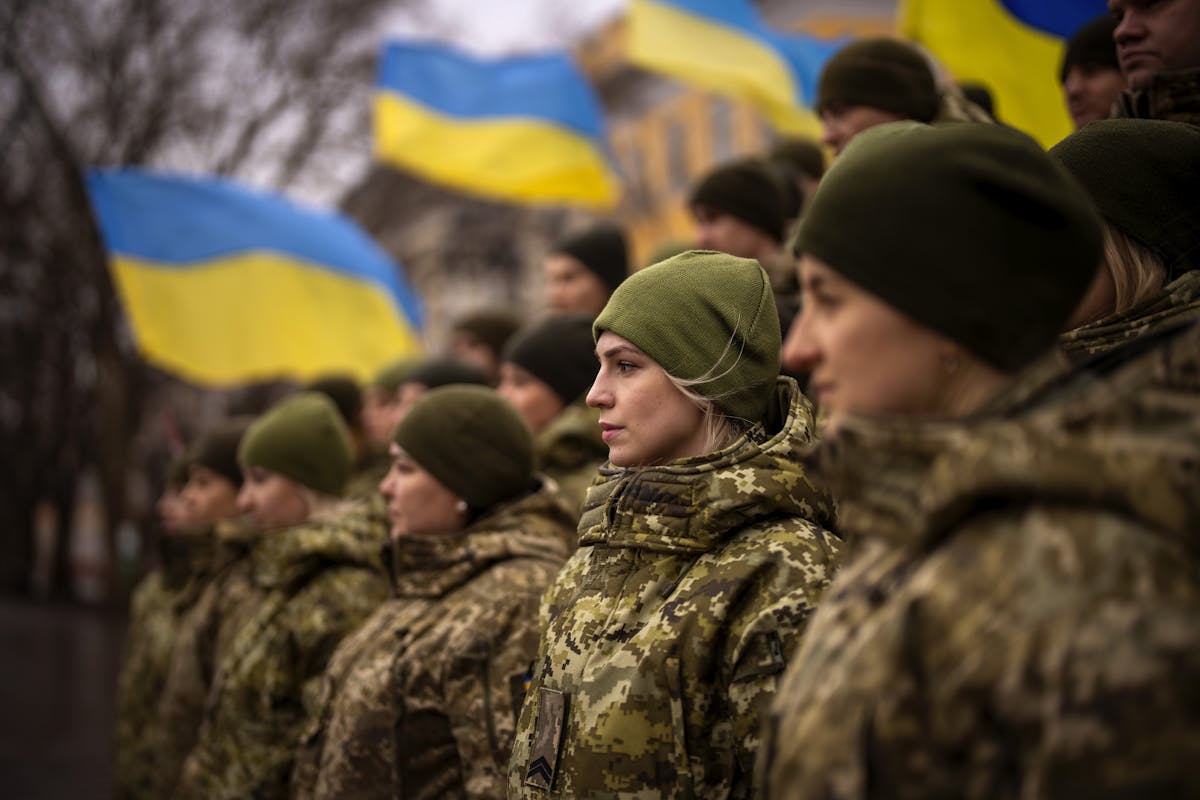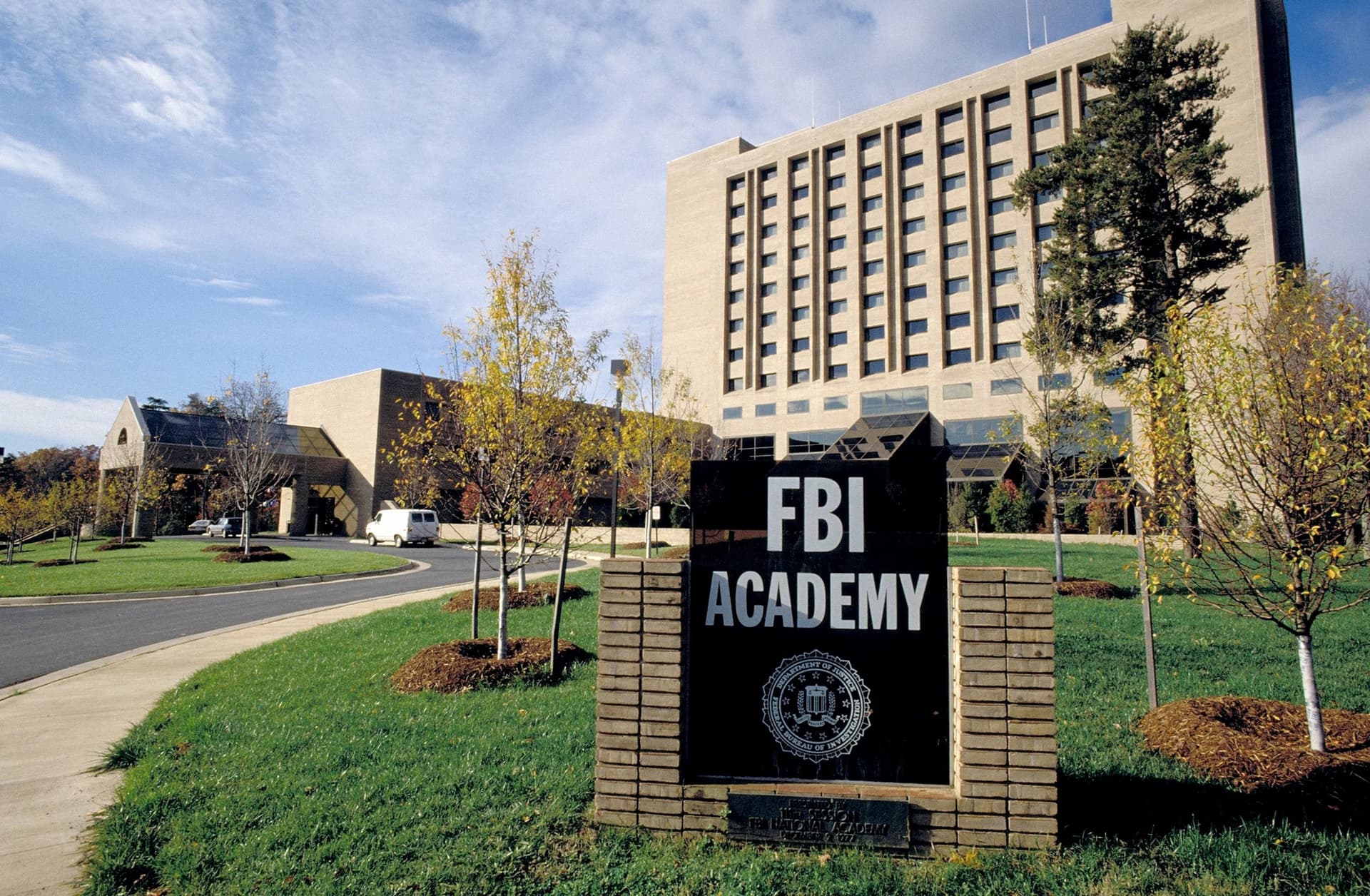
Clintons To Be Deposed in Hometown of Chappaqua Rather Than on Capitol Hill
By MATTHEW RICE
|In a 1918 editorial, the Sun described the Ukrainians as ‘a sturdy, hard headed people’ who had been ‘steadfast in their struggle for independence.’

Already have a subscription? Sign in to continue reading
$0.01/day for 60 days
Cancel anytime
By continuing you agree to our Privacy Policy and Terms of Service.

By MATTHEW RICE
|
By MATTHEW RICE
|
By TOM TEODORCZUK
|
By LUKE FUNK
|
By A.R. HOFFMAN
|
By ROSARIO IACONIS
|
By STEPHANIE CAMPBELL
|
By DANIEL EDWARD ROSEN
|